Does Balsamic Vinegar Go Bad? All Your Questions Answered
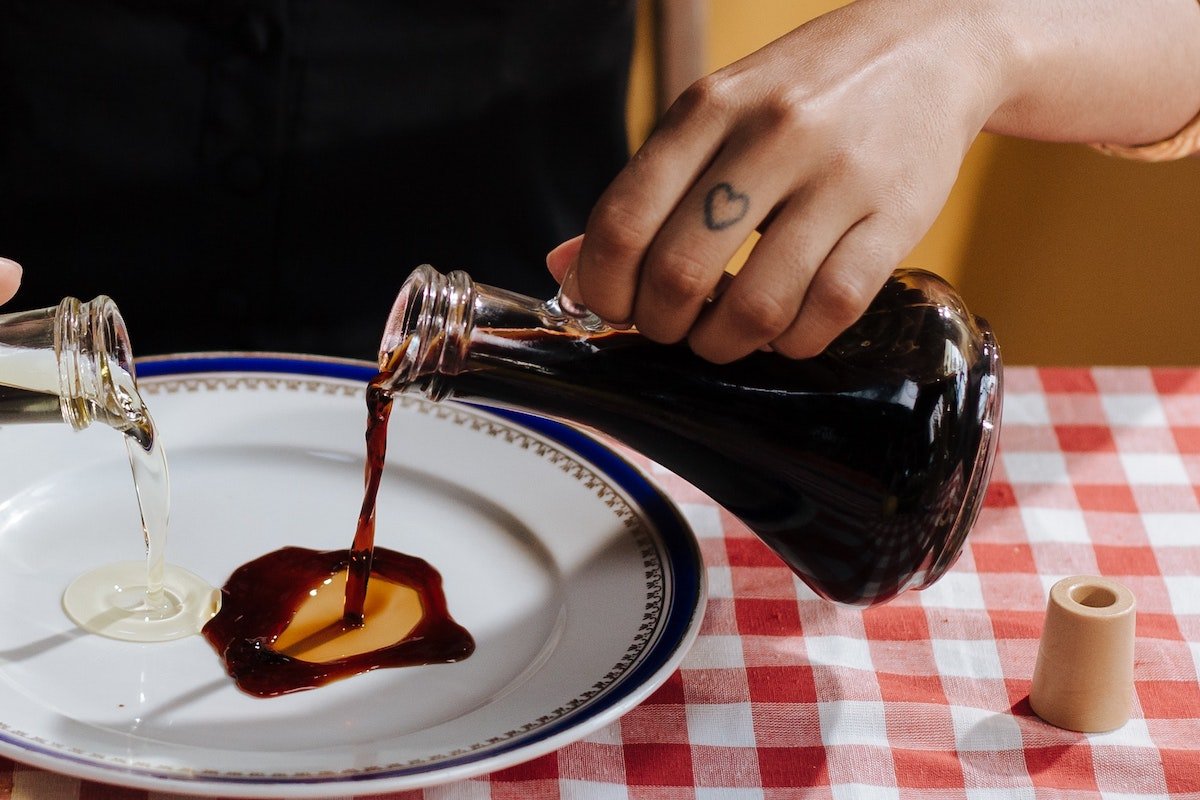
Balsamic vinegar is a world-renowned vinegar that we are absolutely in love with, and can't stop raving about. It's used in salad dressing, marinades, and as a flavor enhancer in a variety of dishes.
But this balsamic vinegar warrants a lot of questions, and if you're a fan of this flavorful vinegar, you may have wondered whether it has an expiration date or how long it lasts.
We've decided to, in detail, break down all the frequent questions we get about Balsamic Vinegar. From its shelf life to the best storage conditions to choosing the best quality products - we've got you covered!
The Shelf Life of Balsamic Vinegar
Traditional balsamic vinegar is made from grape juice that is aged in wooden barrels. The production process can take several years and results in a complex flavor that is acidic, sweet, and tangy.
The shelf life of balsamic vinegar can vary depending on the type and quality of the vinegar, as well as how it's stored. Generally speaking, a high-quality balsamic vinegar that's been properly stored in a cool, dark place should last for several years or even decades.
However, the flavor and quality of the vinegar may start to degrade over time. Over time, the vinegar may become less complex and flavorful, and the color may start to fade. Exposure to air, light, and heat can also cause the vinegar to deteriorate more quickly.
To help extend the shelf life of balsamic vinegar, it's best to store it in a cool, dark place, such as a pantry or cupboard, away from heat sources and direct sunlight. Make sure the bottle is tightly sealed to prevent exposure to air.

How to Tell If Balsamic Vinegar Has Gone Bad
Just like extra virgin olive oil, balsamic vinegar can go bad. If you have an old bottle of balsamic vinegar and you're not sure if it's still good, there are a few signs to look for:
- Color: The first thing to check is the color of the vinegar. Good balsamic vinegar should have a dark or dark brown color. If it has turned lighter in color or has any sediment at the bottom of the bottle, it may have gone bad. A dark color indicates a high-quality balsamic vinegar that has undergone an aging process.
- Smell: Another way to tell if balsamic vinegar has gone bad is by smelling it. Fresh balsamic vinegar should have a complex aroma that is acidic, sweet, and tangy. If the vinegar smells off or has a moldy odor, it's time to throw it out.
- Taste: You can taste the vinegar to see if it's still good. Good quality balsamic vinegar should have a complex flavor that is both acidic and sweet, with a vanilla ice cream-like sweetness. If the vinegar tastes flat, sour, or has a strange aftertaste, it may have gone bad.
- Texture: Balsamic vinegar should be a thick and luscious texture. If your balsamic seems watery or thin, it is very likely expired.
How to Properly Store Your Balsamic Vinegar & Extend it's Shelf Life
The best way to store balsamic vinegar is in a dark, dry place such as a dark cupboard or pantry, at room temperature. This will help to prevent bacterial growth and maintain the vinegar's peak quality. It's also a good idea to keep balsamic vinegar away from heat sources and direct sunlight.
Once you open a bottle of balsamic vinegar, it's important to use it within its best-by date or within a few months. You can extend the shelf life of an open bottle of balsamic vinegar by transferring it to a smaller bottle and storing it in a dark place. Some people even suggest placing a coffee filter over the bottle before sealing it to help keep out any air.

The Health Benefits of Balsamic Vinegar
In addition to being incredibly flavorful, balsamic vinegar also has some wonderful health benefits. It has been shown to improve blood circulation and help regulate blood sugar levels. It also contains acetic acid, which can help to aid digestion.
However, it's important to note that store-bought dressings and balsamic glazes may not have the same health benefits as a good quality balsamic vinegar.
Some condiment grade balsamic vinegars may contain additives such as caramel coloring or sugar, which can negate some of the health benefits.
What Makes Balsamic Better Than The Other Vinegars
While there are many different types of cooking vinegars, balsamic vinegar stands out due to its unique flavor profile and versatility. Unlike other vinegars, which can have a harsh or overpowering taste, balsamic vinegar has a complex, balanced flavor that adds depth and richness to dishes. Additionally, its thick texture makes it ideal for use as a glaze or finishing sauce.
Compared to other vinegars like white vinegar or apple cider vinegar, balsamic vinegar has a mellower acidity, which allows it to pair well with a wide range of ingredients. It can be used in everything from salad dressings to marinades, and its distinctive taste can elevate even the simplest dish.
How to Choose the Best Balsamic Vinegar
When it comes to choosing the best balsamic vinegar at grocery stores, there are a few things to keep in mind. First and foremost, look for bottles that indicate they contain grape must, which means the vinegar was made from the juice of crushed grapes. These bottles can also contain grape wine vinegar, however they should contain no other ingredients.
Balsamic vinegars should also be labeled as "aged" or "reserve" to show they are legitimate balsamics. They should have a thick consistency and a sweet, tangy flavor. Avoid vinegars that contain caramel coloring, added sugars, or thickeners, as these additives can detract from the flavor and quality of the vinegar.
Also, make sure to shop for balsamic vinegars that are in tinted or dark bottles. Because of their sensitivity to direct light, tinted or dark bottles will help your balsamic vinegar last longer.
Glass is also an important factor when choosing a balsamic. Glass is non-reactive, which means that it won't interact chemically with the vinegar and alter its flavor or quality. Plastic and metal containers, on the other hand, can potentially react with the vinegar and impart a metallic or plastic taste.
Glass is also impermeable to air and light, which are two factors that can negatively affect the flavor and quality of balsamic vinegar. Exposure to air can cause the vinegar to oxidize and turn rancid, while exposure to light can cause the color to fade and the flavor to become dull.
Finally, when in doubt, shop local. Look for Balsamic Vinegars in your area, or that are made by small businesses in your City, State or Country. Not only is it alway nice to support your local companies, but it also guarantees that thought and love are going into your products, and aren't being mass-marketed and cut with inferior ingredients.
Using Balsamic Vinegar in Your Cooking
Balsamic vinegar can be used in a variety of dishes to enhance their flavor. It's often used in balsamic vinaigrette dressings, marinades, balsamic glazes, and sauces. You can even use it in drinks and cocktails!
That's partly because it pairs perfectly with extra virgin olive oil. Together they are delicious in anything, especially drizzled over grilled vegetables or used as a dip for bread.
If you're looking for a simple and delicious way to use balsamic vinegar, try making a balsamic reduction. Simply simmer balsamic vinegar in a saucepan until it reduces and thickens. This sweet and tangy reduction can be used as a topping for vanilla ice cream, fruit, or even grilled meats.

Experimenting with Infused Balsamic Vinegars
If you're a fan of balsamic vinegar, you may want to try experimenting with infused balsamic vinegars. These vinegars are made by adding different flavors to regular balsamic vinegar, such as fresh herbs, berries, or spices.
The infusion process can take several weeks, and the resulting vinegar will have a unique taste and aroma. When trying infused balsamic vinegars, it's important to start with a high-quality balsamic vinegar as the base. This will ensure that the taste of the vinegar is not overpowered by the added flavors.
Additionally, be sure to sample different flavors to find the ones that you enjoy the most. Infused balsamic vinegars can be a great way to add depth and complexity to your dishes, so don't be afraid to try something new.

Enjoy Incorporating More Balsamic Vinegar Into Your Life
Balsamic vinegar can be a delicious and healthy addition to your cooking. It has a long shelf life if stored properly and can be used in a variety of dishes to enhance their flavor. Remember to check the quality of your balsamic vinegar by checking its color, smell, and taste before using it in your recipes.
If you're in the Central Texas area, and are interested in tasting some premium balsamic vinegars, and learning more, stop by Texas Hill Country Olive Co. for a tour of our facilities, and an extra virgin olive oil and balsamic vinegar tasting!


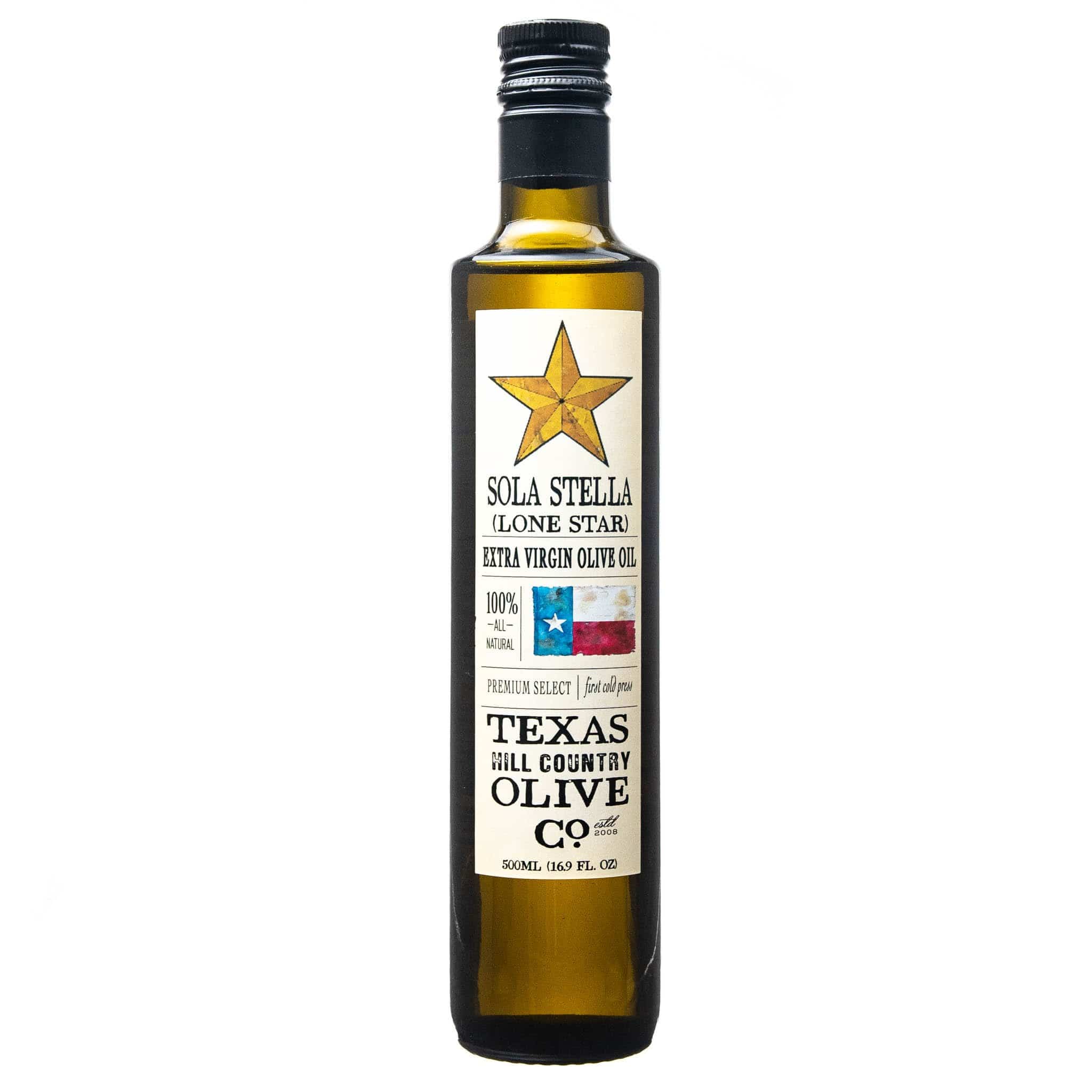
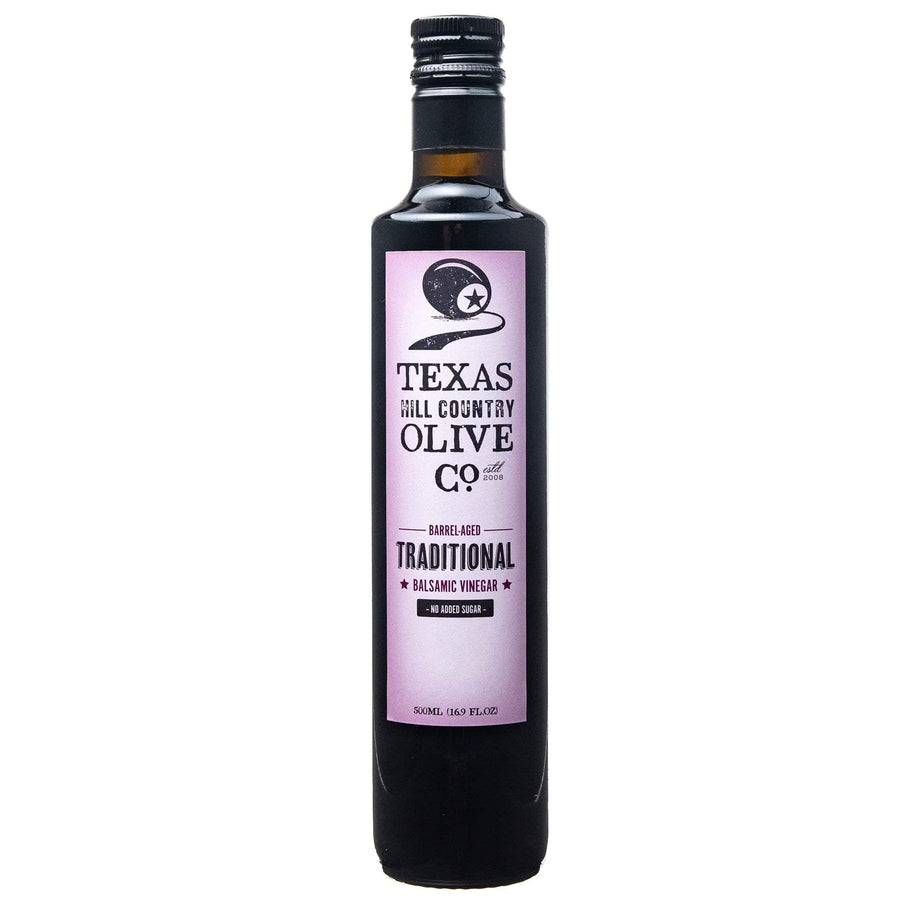
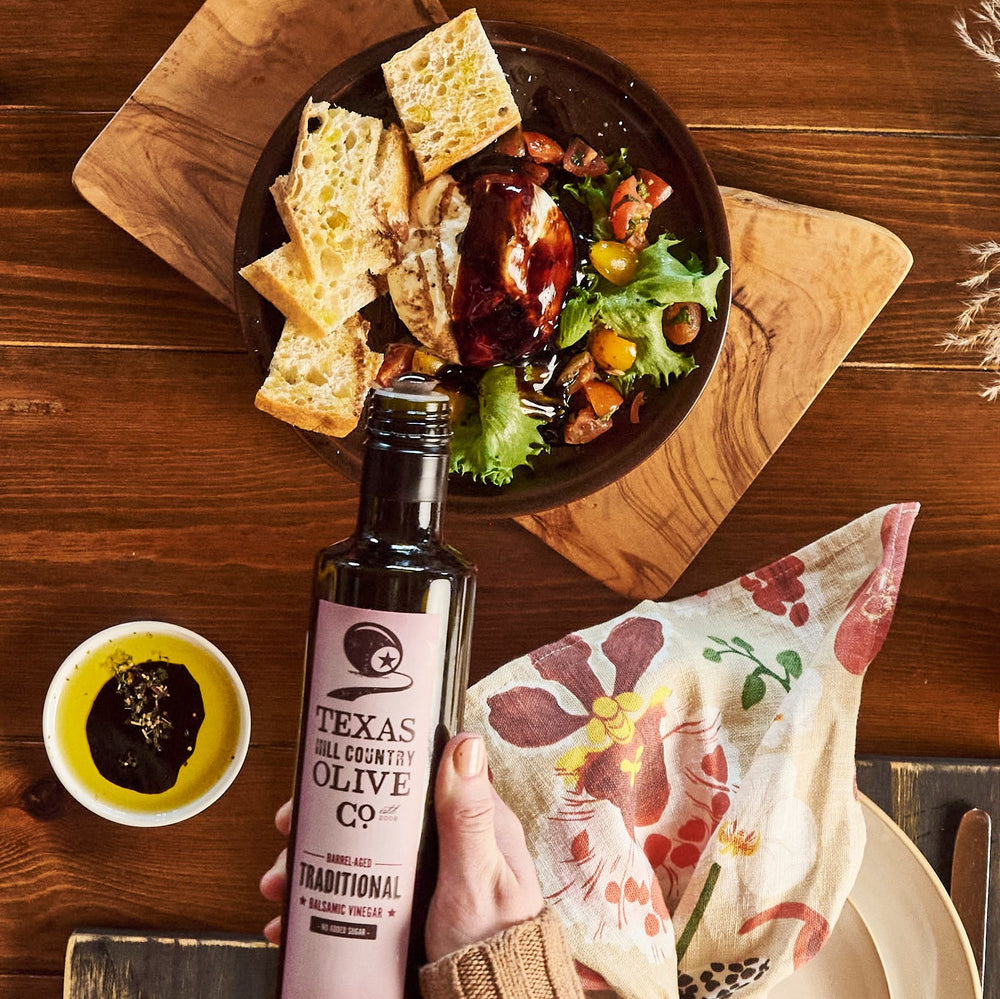
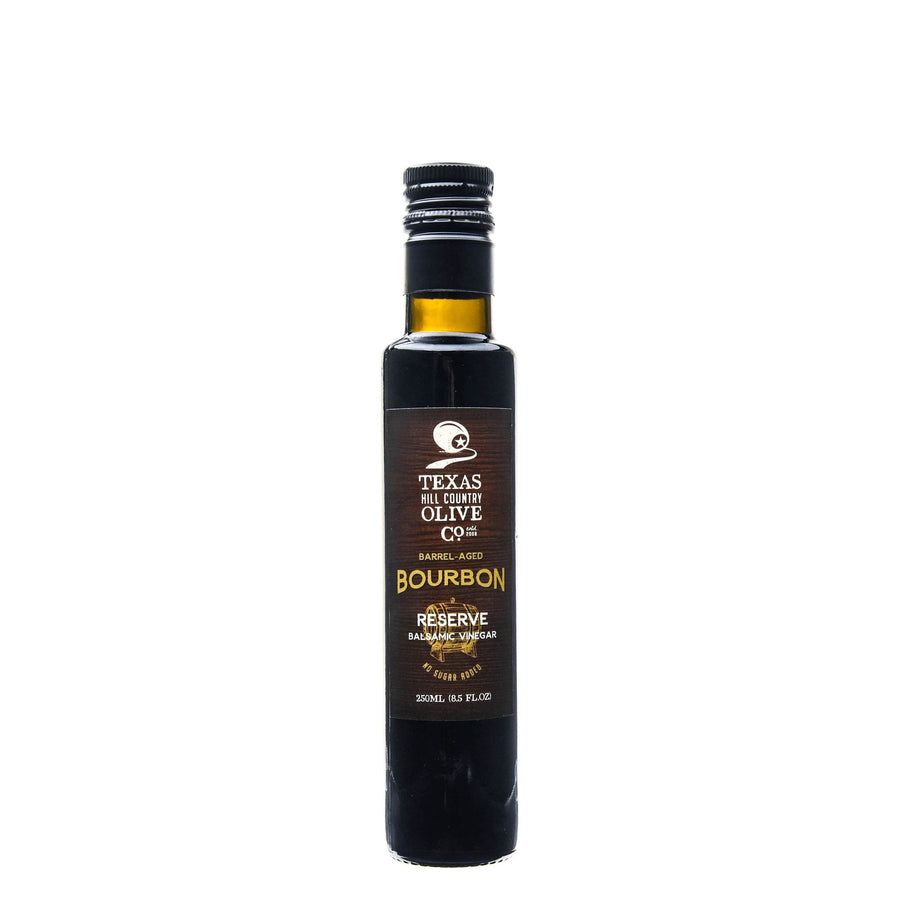
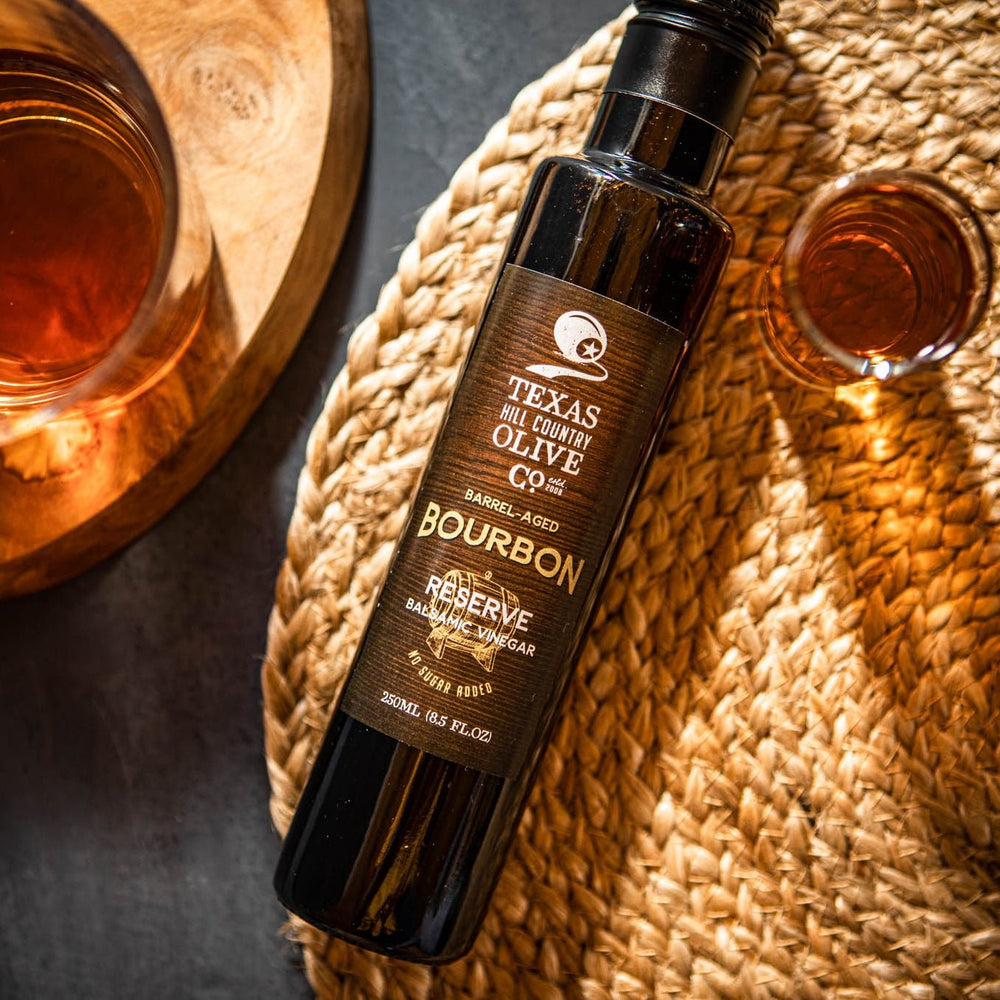
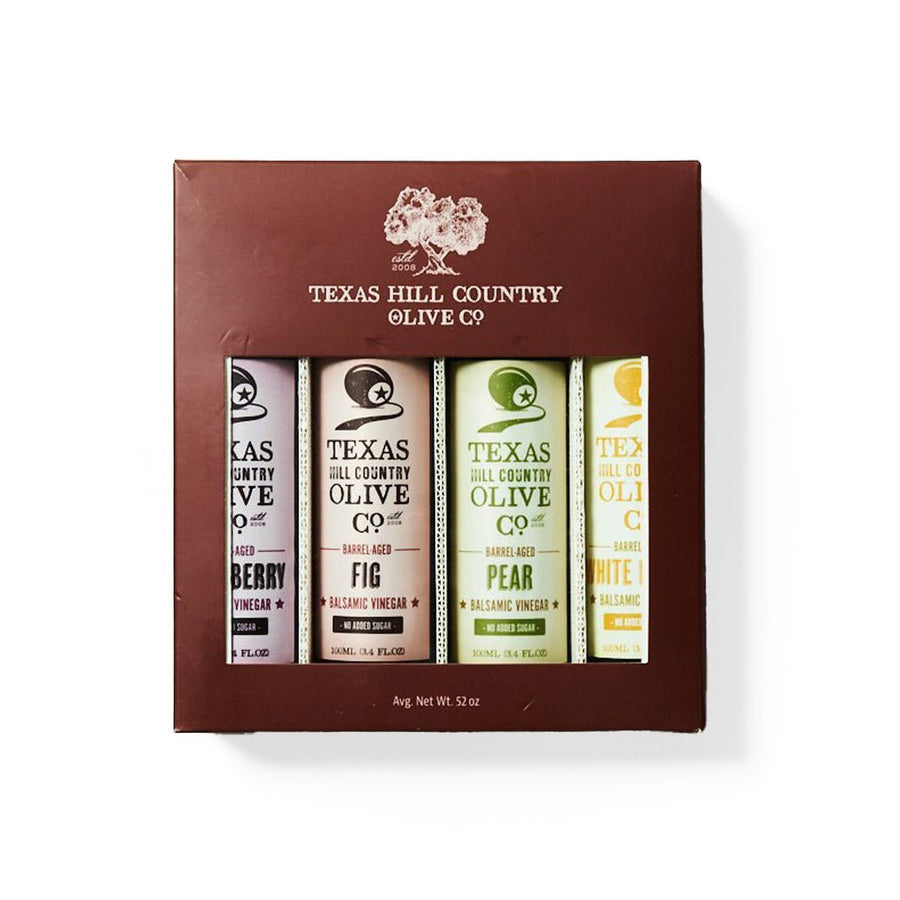
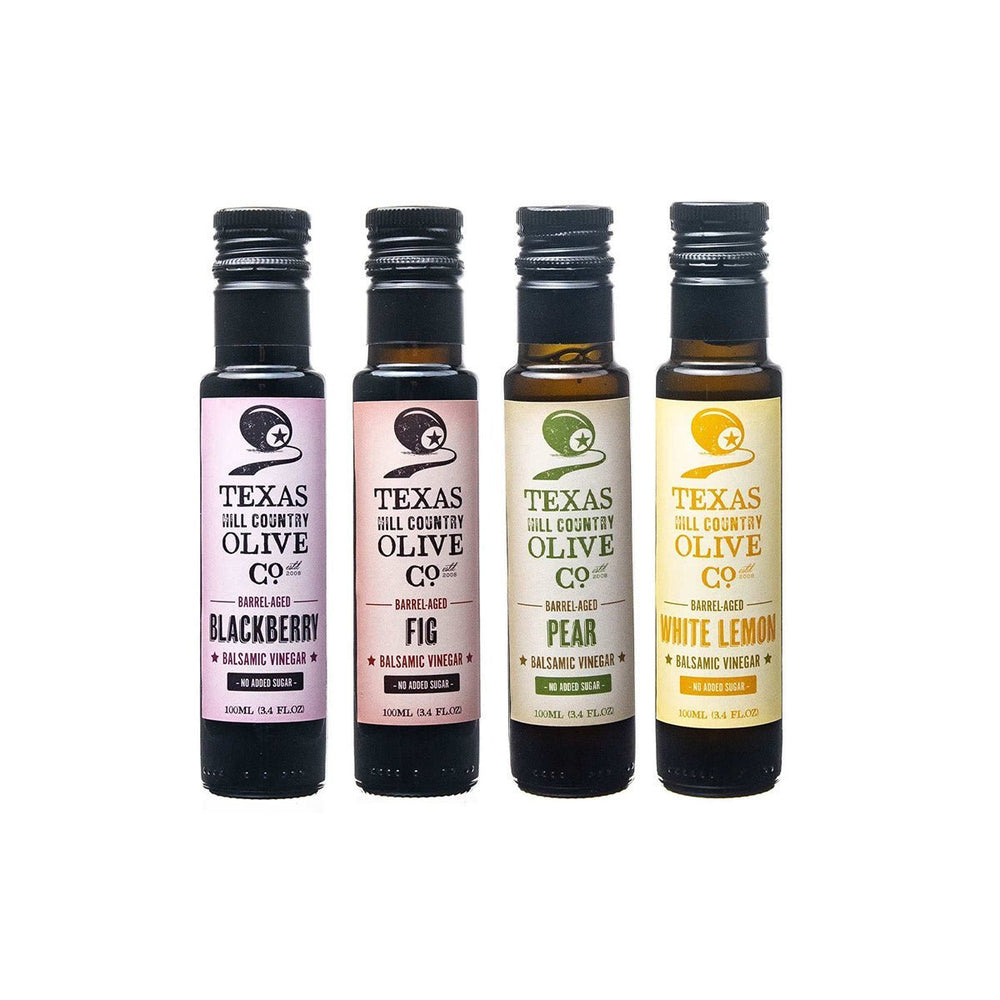

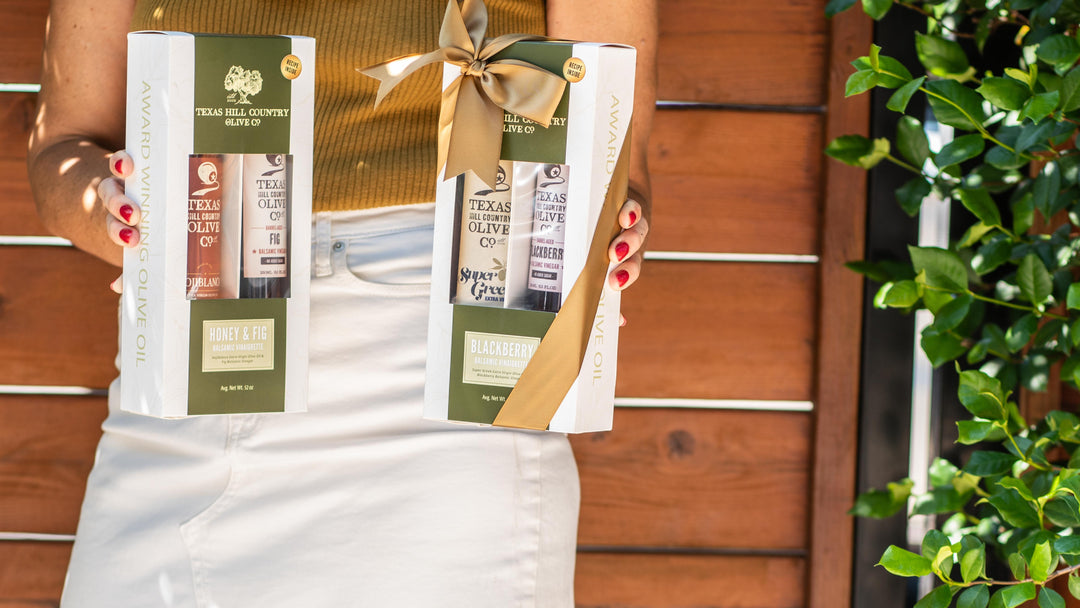
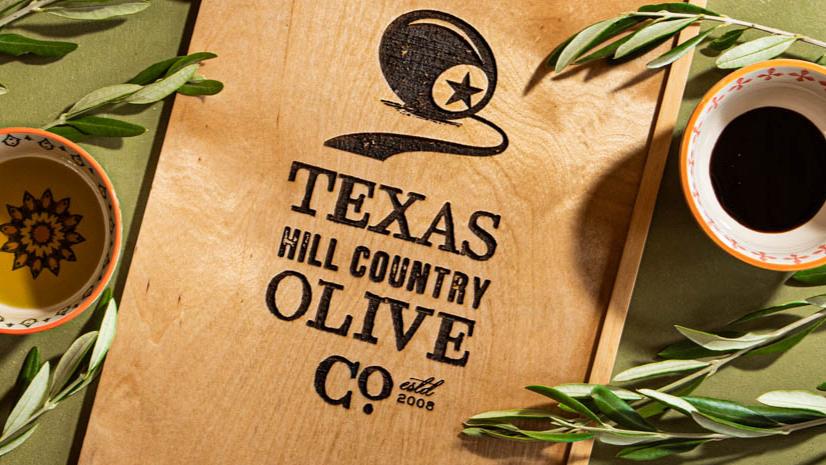
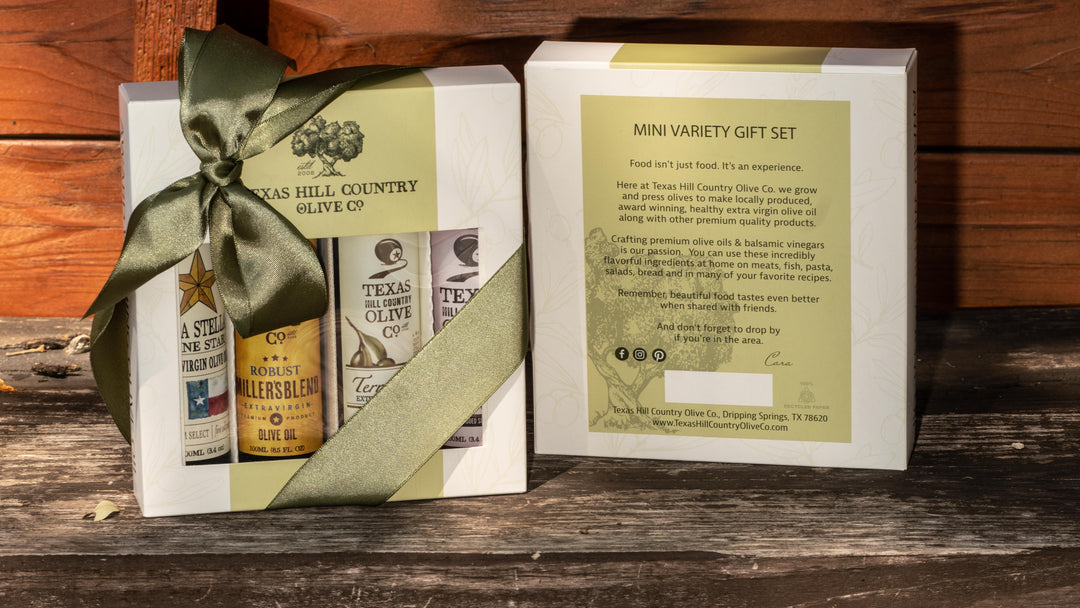

Leave a comment